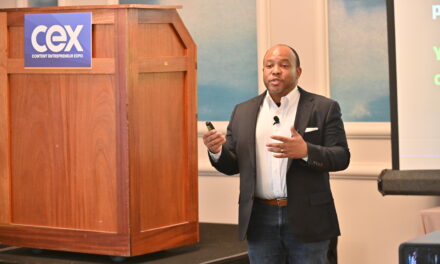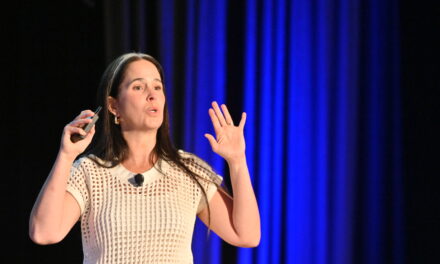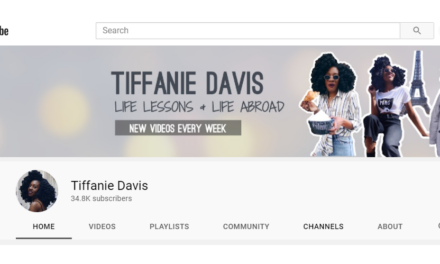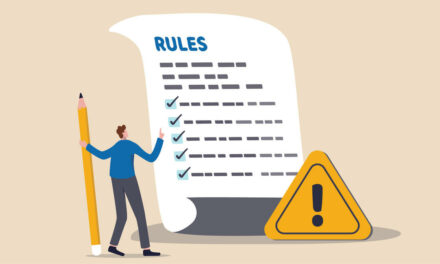Impostor syndrome or self-doubt? Self-doubt affects most content creators at some point in their business journey. Is this the type of content I should be creating? Will my audience engage with it? Do I even have an audience? Will I ever be good enough to be a full-time content entrepreneur?
Questioning your thinking can be a good thing – it helps you critically examine what you’re doing and why you’re doing it. But questioning yourself can reach an untenable point that prevents you from growing your content business – or even getting it started.
That’s when you know impostor syndrome has set in.
I used to think of impostor syndrome as a trendy name for self-doubt – something people could overcome by building their skill set and confidence. But I was wrong.
The Impostor Syndrome Institute has been around for 40 years, and the solution to fix it isn’t just a matter of being more confident. Research shows that 70% of the population will experience impostor syndrome at least once in their lives.
“You can be the biggest, most powerful creator on the planet, and you still feel like you haven’t made it quite yet,” says Joe Pulizzi, founder of The Tilt. “You just have to say: ‘Look, everyone feels that way, in any job, by the way. This is not a content creator thing. When you find success, you’re like, ‘How could this be?’”
You can be the most powerful creator on the planet and still feel like you haven't quite made it yet, says @JoePulizzi, founder of @TheTiltNews. #ImpostorSyndrome #CreatorEconomy Share on XAs Valerie Young, psychologist and co-founder of the Impostor Syndrome Institute, explains, “(P)eople who feel like impostors hold themselves to an unrealistic and unsustainable standard of competence, falling short of this standard evokes shame.”
Self-doubt is among the attributes, but so is undervaluing contributions, attributing success to external factors, setting unrealistic expectations, continuous fear of not living up to expectations, burnout, and sabotaging self-success.
Through her research and work, Valerie learned impostor syndrome doesn’t always show up in the same way. That led her to identify five types of impostor syndrome:
- Perfectionist: Focus on “how” something is done – how the work is conducted, how the work turns out. A minor flaw in an outstanding performance prompts impostor-syndrome thinking.
- Expert: Focus on the “what” and “how much” they know – the knowledge version of the perfectionist. A minor lack of knowledge leads to feelings of failure and shame.
- Soloist: Care primarily about “who” completes the task. It needs to be them and them alone because needing help is a sign of failure.
- Natural genius: Think about “how” and “when” accomplishments happen. Competence is measured in terms of ease and speed. Struggling to master a topic or not achieving success on the first try equals failure.
- Superhuman: Evaluates their competence based on “how many” roles they can excel in. Falling short in any role evokes shame because they think they should be able to handle it all easily.
Want to know which one you are? Take this short quiz from Grammarly – just scroll down to the quiz image.
What type of #ImpostorSyndrome are you? Perfectionist, expert, soloist, natural genius, or superhuman? #ContentEntrepreneur Share on XSo how can you overcome impostor syndrome to finish that content project, add a new revenue stream, or just publish your first asset?
At the moment when you feel impostor syndrome rise up, follow the SBNRR technique outlined by Better Up:
- Stop: Allow yourself to stop in your tracks and take a moment to pause.
- Breathe: Give yourself a deep breath and let your thoughts go and not be attached to them.
- Notice: Notice your feelings, your body, your surroundings, your peers, the situation, your reaction, and anything else that you can notice.
- Reassess: Evaluate the situation and why you felt a need to fall into the impostor syndrome.
- Respond: React intentionally. It can be more informed and composed now that you have calmed yourself.
Another tip to minimize impostor syndrome? Stop comparing yourself to other content entrepreneurs.
Author, podcaster, and business coach Chris Ducker tells The Tilt: “I think it’s just very, very wrong for people to paint themselves with similar brushes of individuals that have been in the industry for so long.
It's wrong for people to paint themselves with similar brushes of individuals that have been in the industry for so long, says @ChrisDucker. #CreatorEconomy Share on X“We shouldn’t be looking to compare maybe our seventh or eighth step on our journey with somebody else’s 70th or 80th. They’ve been around a lot longer. They’ve seen a lot more. They’ve learned a lot more lessons, had a whole bunch of wins.”
Want to hear about other content entrepreneurs and their journeys? We have a CEX package of Under the Hood case study sessions with creators telling us how they started their thriving content businesses, what worked, and what they would do different. Check it out here.
About the author
Ann regularly combines words and strategy for B2B, B2C, and nonprofits, continuing to live up to her high school nickname, Editor Ann. An IABC Communicator of the Year and founder of G Force Communication, Ann coaches and trains professionals in all things content. Connect with her on LinkedIn and Twitter.










